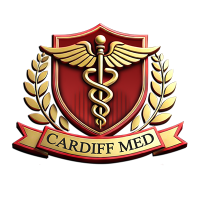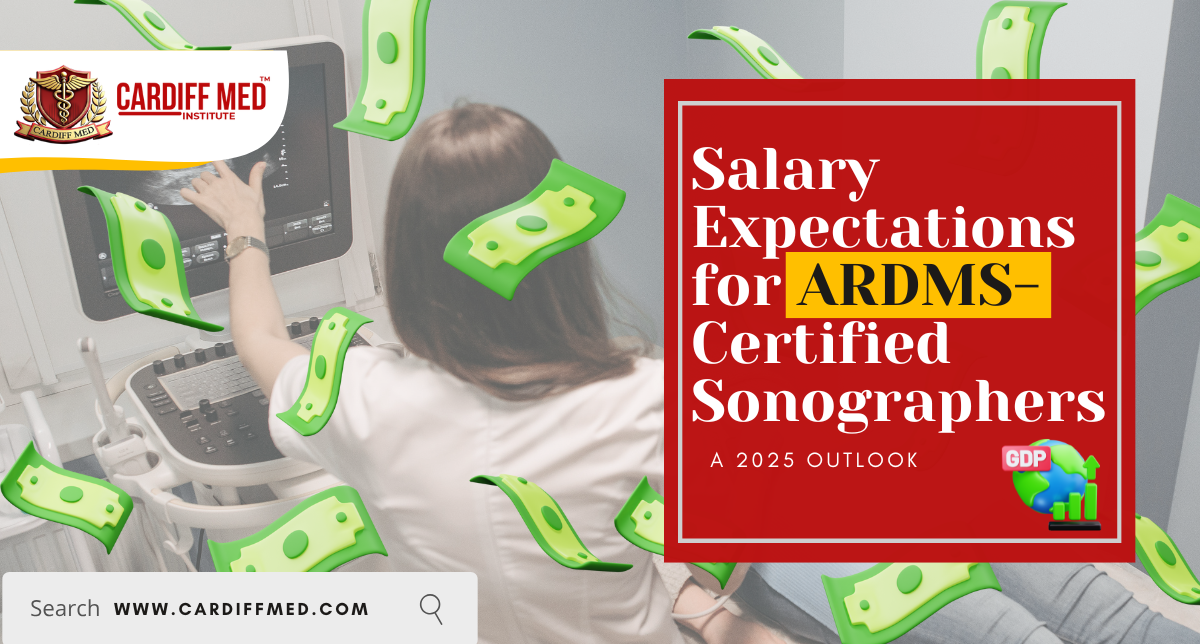The USMLE Clinical Skills (CS) exam is a crucial step in your journey to becoming a licensed physician in the United States. It assesses your ability to interact with patients, gather essential information, perform physical examinations, and communicate findings effectively. While the exam was discontinued in 2021, many institutions and certification processes still emphasize clinical skills assessments. If you are preparing for similar evaluations, this guide will help you approach them like a pro.
1. Understand the Exam Format
The CS exam was designed to test three core areas:
- Integrated Clinical Encounter (ICE): Data gathering, patient notes, and differential diagnoses.
- Communication and Interpersonal Skills (CIS): Effective interaction with patients, empathy, and professionalism.
- Spoken English Proficiency (SEP): Clear communication with patients and colleagues.
Modern clinical skills assessments follow similar frameworks, so understanding these elements will help you prepare better.
2. Master the Art of History Taking
A structured approach to history-taking can set you apart. Use the OLDCARTS or PQRST mnemonic for pain assessment and ensure you cover:
- Chief complaint
- History of present illness
- Past medical and surgical history
- Family history
- Social history (smoking, alcohol, drug use)
- Review of systems
3. Perfect Your Physical Examination Skills
You may not have time for a full-body examination, so focus on the relevant systems. Use these strategies:
- Perform targeted physical exams based on the patient’s complaints.
- Use correct techniques for examination maneuvers.
- Explain each step to the patient to maintain professionalism.
4. Enhance Your Patient Interaction Skills
Effective communication is key. Follow these best practices:
- Introduce yourself and establish rapport.
- Use open-ended questions before diving into specifics.
- Acknowledge patient concerns and offer reassurance.
- Summarize and confirm the information to ensure clarity.
5. Write Clear and Concise Patient Notes
Your patient notes must be well-structured, covering:
- History findings
- Physical examination findings
- Differential diagnosis with justification
- Next steps in management
A structured approach will save time and improve the quality of your responses.
6. Improve Time Management
Each patient encounter is time-limited, so efficiency is crucial. Practice mock encounters to refine your speed and accuracy. Use a stopwatch and set strict limits on history taking, physical exams, and note writing.
7. Practice with Standardized Patients
Working with standardized patients can help you simulate real exam conditions. This improves your confidence and highlights areas needing improvement.
8. Stay Calm and Confident
Test anxiety can impact performance. Maintain confidence by:
- Practicing mindfulness techniques
- Preparing thoroughly
- Maintaining a professional demeanor throughout
9. Join a Professional Training Program
Self-study is essential, but expert guidance can make a significant difference. A structured training program provides mock exams, expert feedback, and proven strategies to excel in clinical skills assessments.
Why Choose CardiffMed Institute?
If you’re serious about acing your clinical skills evaluation, CardiffMed Institute offers comprehensive training programs tailored to USMLE-style and clinical skills assessments. With expert mentors, mock real-time evaluations, and personalized feedback, CardiffMed helps you develop the confidence and competence needed to succeed.
Start your journey to clinical excellence today with CardiffMed Institute and take your medical career to the next level!








